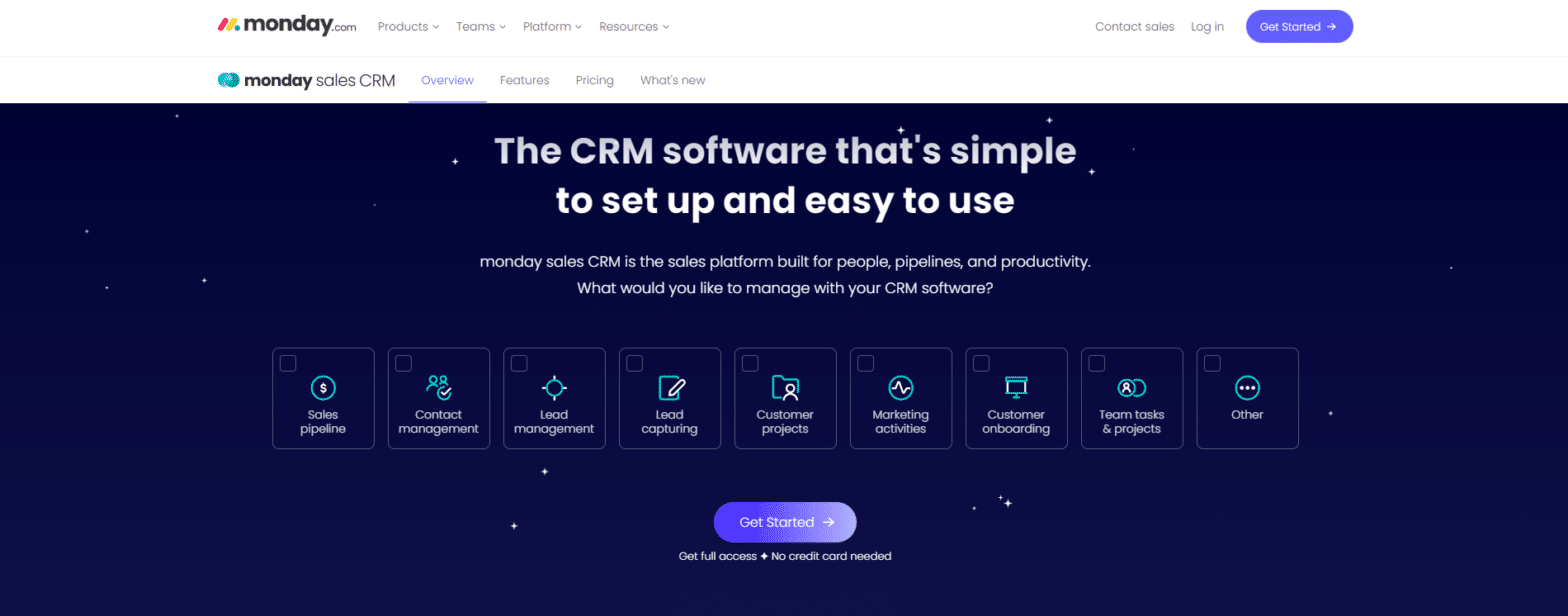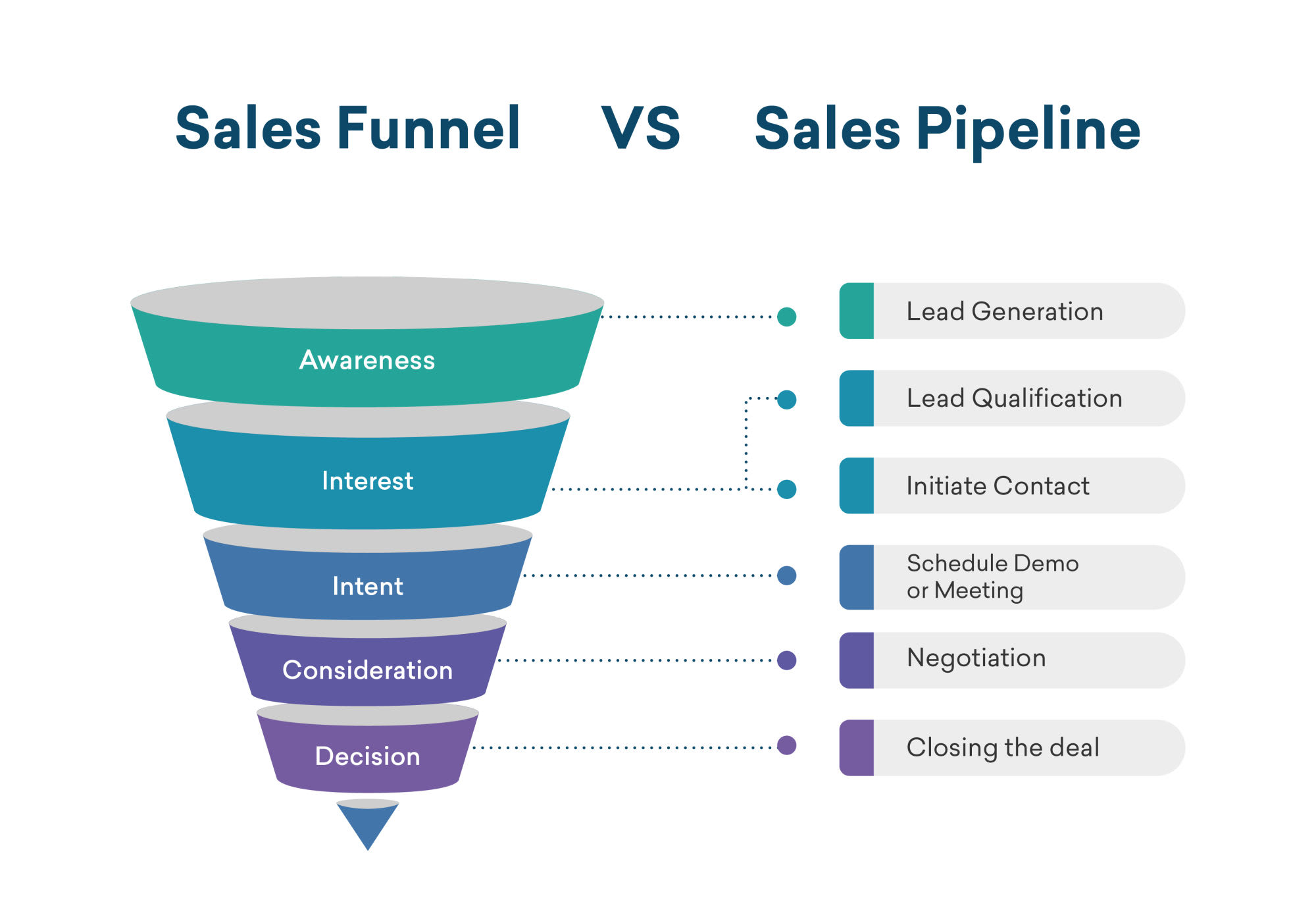
CRM for Agencies: Unlocking Pipeline Visibility and Supercharging Growth
In the fast-paced, competitive world of agencies, staying ahead requires more than just creative brilliance and strategic thinking. It demands a laser focus on operational efficiency, data-driven decision-making, and, most importantly, a crystal-clear view of the sales pipeline. This is where Customer Relationship Management (CRM) systems come into play, transforming the way agencies manage leads, nurture relationships, and drive revenue.
The Agency Pipeline: A Lifeline for Success
The agency pipeline represents the entire journey of a potential client, from initial contact to a closed deal. It’s a dynamic process, often involving multiple stakeholders, complex proposals, and lengthy negotiation periods. Without proper visibility into this pipeline, agencies risk losing track of opportunities, misallocating resources, and ultimately, missing out on potential revenue.
Why Pipeline Visibility Matters
Pipeline visibility is not merely a nice-to-have; it’s a critical component of agency success. Here’s why:
- Accurate Forecasting: A clear view of the pipeline enables agencies to forecast revenue with greater accuracy. By understanding the value and probability of deals at each stage, leaders can make informed decisions about resource allocation, hiring, and investment.
- Improved Resource Allocation: With insights into the volume and value of opportunities in the pipeline, agencies can allocate resources effectively. This ensures that the right people are working on the right deals at the right time, maximizing efficiency and minimizing wasted effort.
- Proactive Opportunity Management: Pipeline visibility allows agencies to identify potential bottlenecks and proactively address them. For example, if a large number of deals are stalled at the proposal stage, the agency can investigate the issue and implement strategies to improve proposal effectiveness.
- Enhanced Client Relationships: By tracking interactions and communications throughout the pipeline, agencies can build stronger relationships with potential clients. This personalized approach fosters trust and increases the likelihood of closing deals.
- Data-Driven Decision-Making: A CRM provides a wealth of data on pipeline performance, including conversion rates, deal sizes, and sales cycle lengths. This data can be used to identify trends, measure the effectiveness of sales strategies, and make data-driven decisions that improve overall performance.
The Role of CRM in Pipeline Visibility
A CRM system acts as a central hub for all client-related information, providing a single, unified view of the sales pipeline. It enables agencies to:
- Capture Leads: Automatically capture leads from various sources, such as website forms, email campaigns, and social media, ensuring that no opportunity is missed.
- Track Interactions: Record all interactions with potential clients, including emails, phone calls, meetings, and proposals, providing a complete history of the relationship.
- Manage Opportunities: Organize and track opportunities at each stage of the pipeline, from initial qualification to closing the deal.
- Automate Tasks: Automate repetitive tasks, such as sending follow-up emails and scheduling meetings, freeing up sales teams to focus on building relationships and closing deals.
- Generate Reports: Generate reports on pipeline performance, providing insights into key metrics such as conversion rates, deal sizes, and sales cycle lengths.
Key CRM Features for Agency Pipeline Visibility
When selecting a CRM for your agency, consider the following features:
- Customizable Pipeline Stages: The ability to customize pipeline stages to reflect your agency’s unique sales process.
- Deal Tracking: Detailed tracking of deals, including deal size, close date, and probability of closing.
- Activity Management: Tools for managing activities such as emails, phone calls, meetings, and tasks.
- Reporting and Analytics: Robust reporting and analytics capabilities to track pipeline performance and identify trends.
- Integration with Other Tools: Seamless integration with other tools, such as email marketing platforms, project management software, and accounting systems.
- Mobile Accessibility: Mobile apps that allow sales teams to access and update pipeline information on the go.
- Automation: The ability to automate tasks and workflows to improve efficiency and reduce manual effort.
Choosing the Right CRM for Your Agency
Selecting the right CRM for your agency is a critical decision that can have a significant impact on your success. Consider the following factors:
- Agency Size and Complexity: Choose a CRM that is appropriate for the size and complexity of your agency. Small agencies may be able to get by with a simpler, more affordable CRM, while larger agencies may need a more robust, feature-rich solution.
- Budget: Set a budget for your CRM investment and choose a solution that fits within your financial constraints.
- Integration Requirements: Ensure that the CRM integrates seamlessly with the other tools your agency uses.
- Ease of Use: Choose a CRM that is easy to use and intuitive, so your team can quickly adopt it and start using it effectively.
- Customer Support: Look for a CRM provider that offers excellent customer support, so you can get help when you need it.
Popular CRM Options for Agencies
Here are some popular CRM options for agencies, each offering a range of features and benefits:
- HubSpot CRM: A popular choice for its free version and comprehensive marketing automation features.
- Salesforce Sales Cloud: A powerful and customizable CRM suitable for larger agencies with complex sales processes.
- Pipedrive: A sales-focused CRM known for its ease of use and visual pipeline management.
- Zoho CRM: A versatile and affordable CRM that offers a wide range of features and integrations.
- Microsoft Dynamics 365 Sales: A comprehensive CRM that integrates seamlessly with other Microsoft products.
- monday sales CRM: A CRM that emphasizes collaboration, automation, and customization.
- Insightly: A CRM specifically designed for small businesses, offering project management and relationship linking features.
Best Practices for Maximizing Pipeline Visibility
Once you’ve chosen a CRM, it’s essential to follow best practices to maximize pipeline visibility:
- Define Clear Pipeline Stages: Clearly define the stages of your agency’s sales pipeline and ensure that everyone on the team understands them.
- Establish Data Entry Standards: Establish clear data entry standards to ensure that all pipeline information is accurate and consistent.
- Regularly Update the Pipeline: Encourage sales teams to regularly update the pipeline with the latest information on each opportunity.
- Use Custom Fields: Use custom fields to track important information specific to your agency’s sales process.
- Generate Regular Reports: Generate regular reports on pipeline performance to track progress and identify areas for improvement.
- Train Your Team: Provide comprehensive training to your team on how to use the CRM effectively.
- Foster a Culture of Data-Driven Decision-Making: Encourage your team to use pipeline data to make informed decisions and improve performance.
The Bottom Line
In today’s competitive agency landscape, pipeline visibility is no longer a luxury; it’s a necessity. By implementing a CRM system and following best practices, agencies can gain a clear view of their sales pipeline, improve resource allocation, enhance client relationships, and ultimately, drive revenue growth. Investing in CRM is an investment in the future success of your agency.

